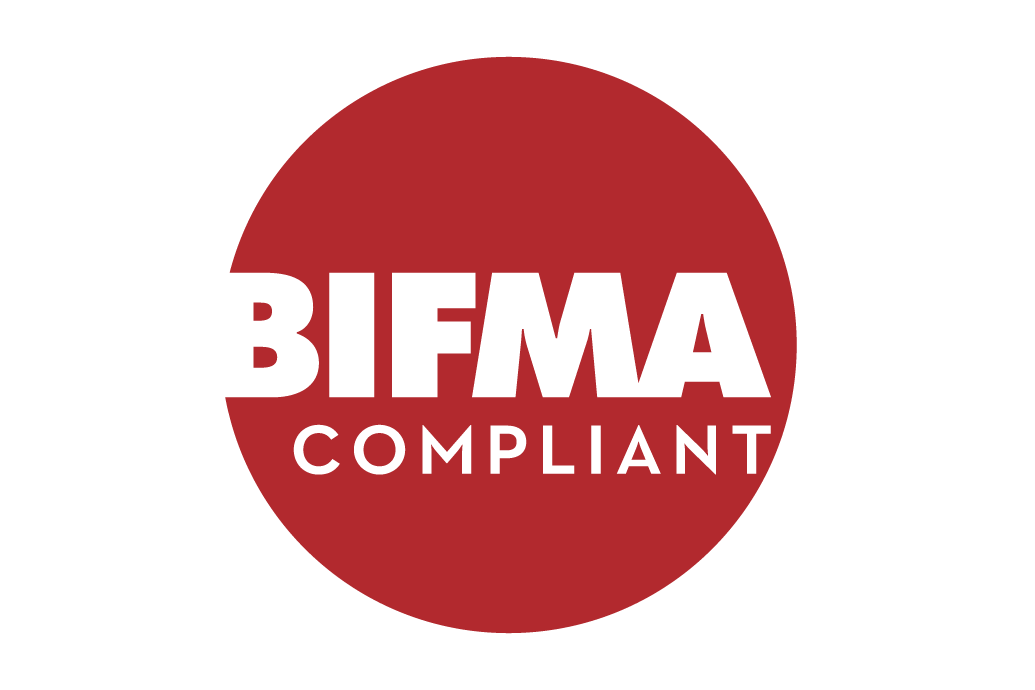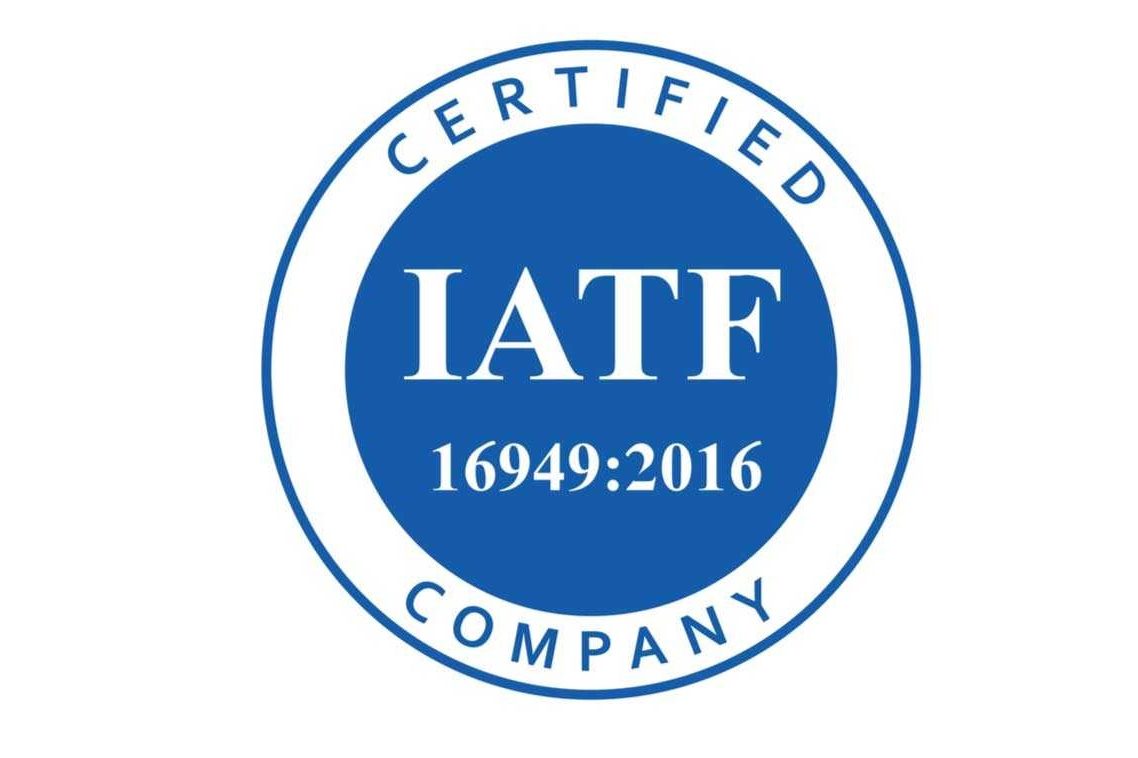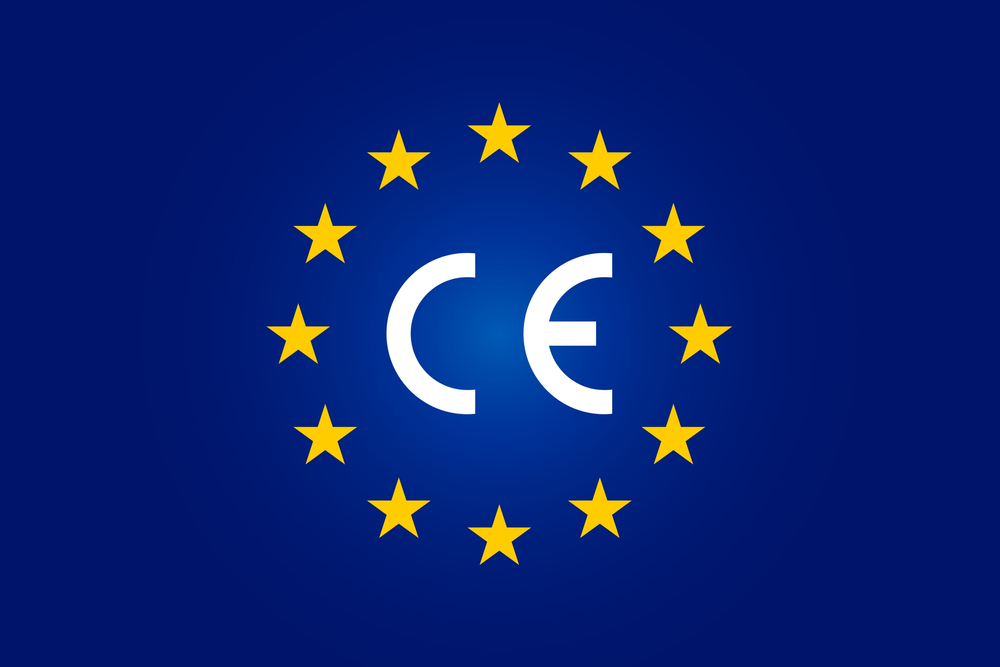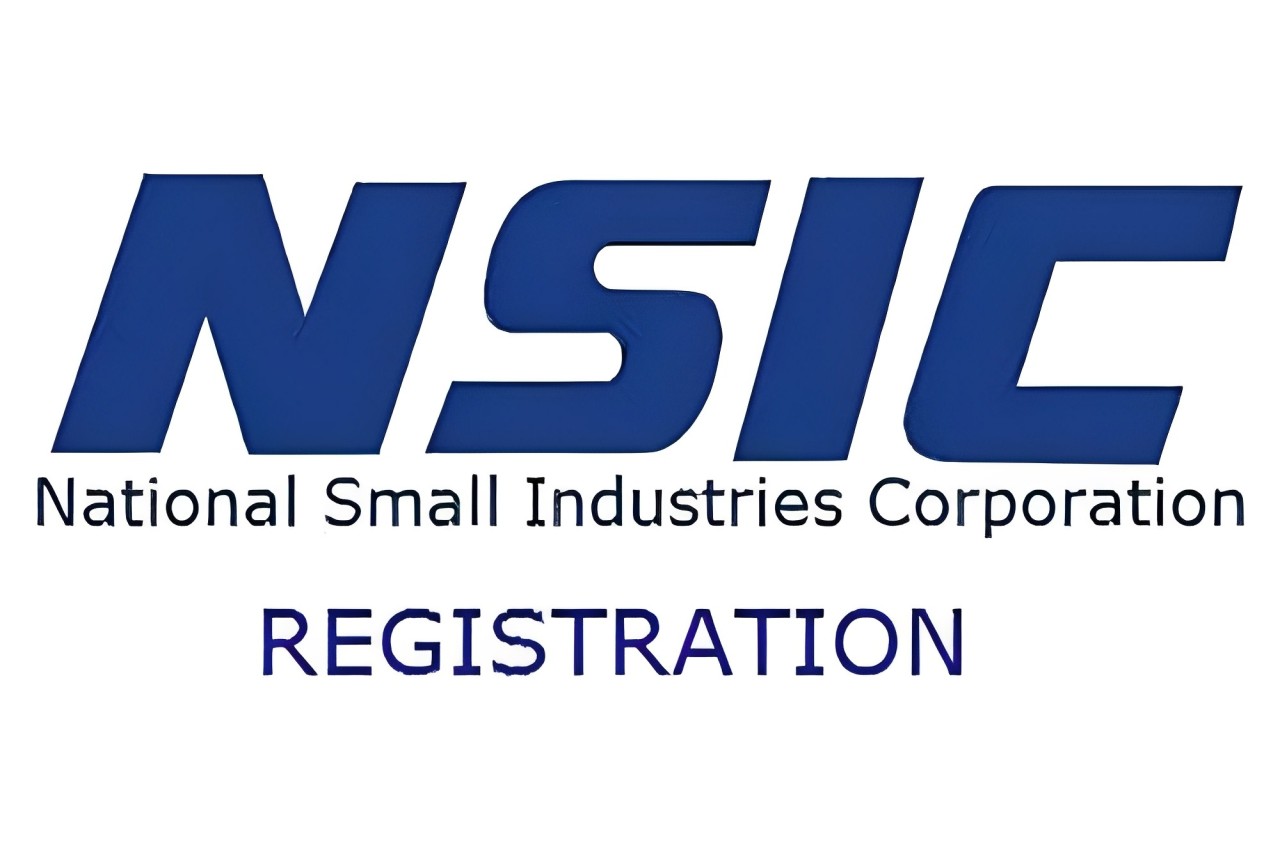ISO Certification
ISO Certificate is a proper acknowledgment that an organization fulfills global guidelines for quality, security, productivity, and consistency. Getting ISO certificate exhibits a promise to keeping up with elevated expectations in regions like quality administration (ISO 9001), natural administration (ISO 14001), data security (ISO 27001), and that only the tip of the iceberg. It can improve an organization validity, further develop consumer loyalty, and open up open doors for worldwide business by meeting global benchmarks.










